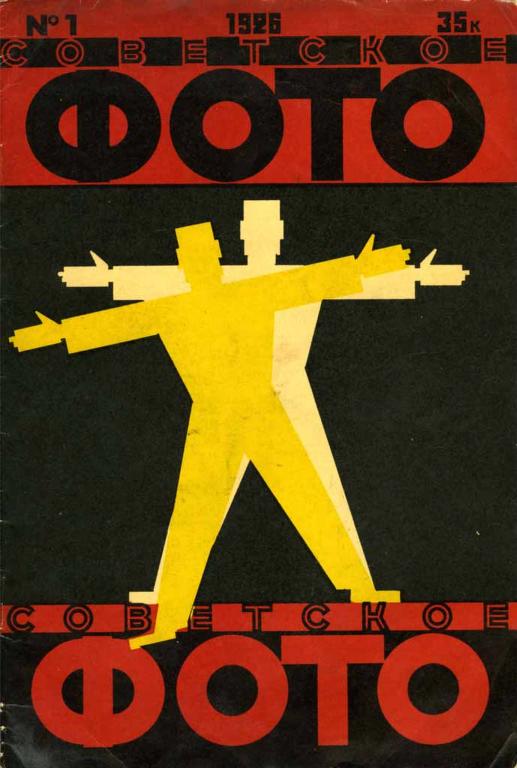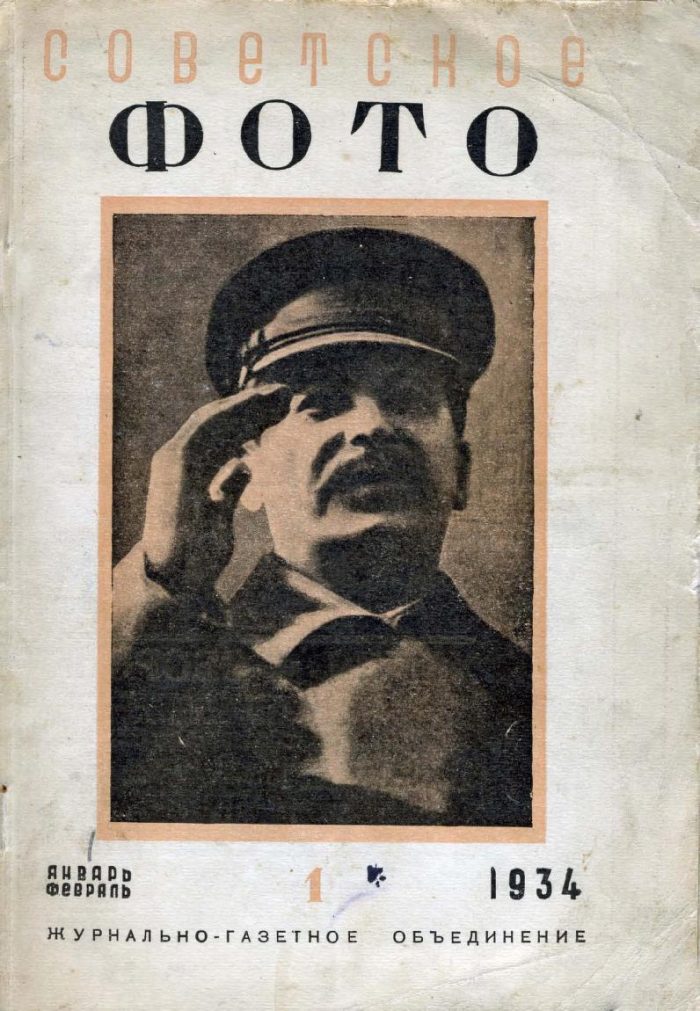Japanese animation has a way of seeming perpetually new and daring, but it now goes back at least a century. Having carved out its own aesthetic and intellectual space in world culture, anime (even foreigners who’ve never watched so much as a minute of it know the Japanese term) continues to generate a distinctive kind of excitement in its viewers. That goes for relatively recent features that have already attained classic status, like the lush, simultaneously realistic and fantastical works of Hayao Miyazaki, the darker, deeper visions like Mamoru Oshii’s Ghost in the Shell, and the diversity of works in between. But how did those qualities manifest in the very earliest anime? We can now easily see for ourselves, thanks to the selection of 64 Japanese animated film classics made freely available online, as a celebration of the centenary of the form, by Japan’s National Film Archive.
“The most exciting of these are the two earliest extant anime The Dull Sword (Namakura Gatana, 1917) and Urashima Tarō (1918),” writes Nishikata Film Review’s Cathy Munroe Hotes, “films which were considered lost until copies were miraculously discovered in an antique shop in Osaka in 2008. As the vast majority of pre-war films have been lost due to natural disaster, war, and general neglect, each of these 64 films is an important glimpse into early anime history and early 20th century Japanese culture.”
You can also browse the National Film Archive’s online collection of early animation by director. Watching the works of certain especially prolific ones like Noburō Ōfuji and Yasuji Murata (whose 1929 The Old Man’s Lump Removed, not available in the collection, appears above), you might come away convinced that, even in its first decades, Japanese animation had developed its auteur culture.
The movement (which sometimes barely qualifies as such) and sound (if any) in some of these shorts could hardly impress today, at least on a technical level. Nevertheless, those of us who’ve felt the excitement of the best of anime will recognize in the presentation of the images themselves — in its dynamism, its humor, its creativity — the special animating spirit, as it were, that first sparked our interest. Whether the sometimes slapdash likes of Speed Racer, Robotech, or Kimba the White Lion, which introduced generations of Westerners to anime in the 1960s, 70s, and 80s, really marked that much of an improvement on crude production of, say, Murata’s My Ski Trip from 1930 remains open to debate, but through them all we can trace the development of the style and sensibility that, to this day, no animation but the Japanese variety has truly mastered.
Enter the National Film Archive anime collection here.
(NOTE: the National Film Archive assures us that the English version of the site “will be available in a month or two,” but you can find English-subtitled films there even now.)
Related Content:
Early Japanese Animations: The Origins of Anime (1917–1931)
How the Films of Hayao Miyazaki Work Their Animated Magic, Explained in 4 Video Essays
Based in Seoul, Colin Marshall writes and broadcasts on cities and culture. He’s at work on a book about Los Angeles, A Los Angeles Primer, the video series The City in Cinema, the crowdfunded journalism project Where Is the City of the Future?, and the Los Angeles Review of Books’ Korea Blog. Follow him on Twitter at @colinmarshall or on Facebook.












